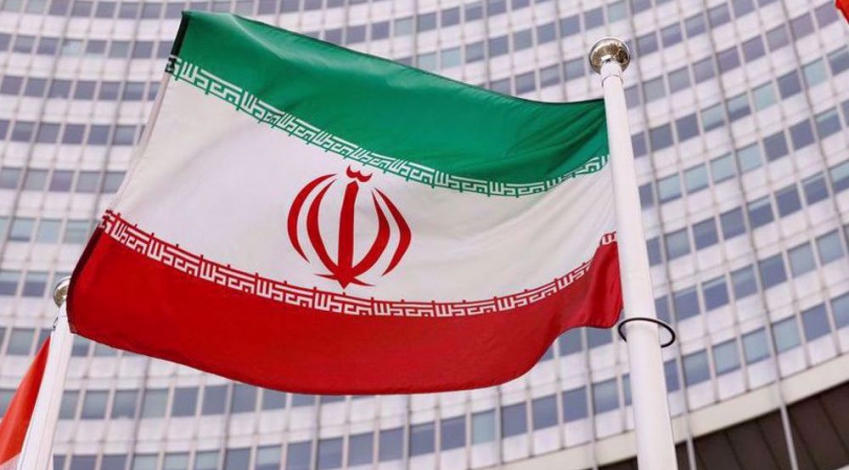Friday 15 April 2022 - 14:25
Story Code : 395665
Iran envoy: IAEA will have no access to surveillance camera data until JCPOA revived
Mohammad Reza Ghaebi made the remarks while speaking to reporters on Thursday, reacting to the latest IAEA report on the verification of the implementation of the 2015 deal.
Ghaebi said the IAEA report was only a technical update presented by the agency�s director general on monitoring the implementation of the JCPOA, in accordance with UN Security Council Resolution 2231, which provides the Agency�s members with the latest information on Iran�s nuclear activities.
Mentioning a �confidential report� issued by the IAEA, Reuters claimed on Thursday that the report said Iran is starting to operate a new workshop at its nuclear facility in the central city of Natanz, which will make parts for uranium-enriching centrifuges with machines moved there from its Karaj facility.
Ghaebi said the report confirms that Iran had informed the IAEA on April 4 that all the machines for centrifuge production had been transferred from Karaj to Natanz, letting the inspectors verify, on the same day, that the machines were not operating.
�On April 12, the IAEA finished installing all its cameras at Natanz facility and had then removed the seals from the machines. Also, on April 13, Iran informed the Agency that the machines had started operating at the new workshop the same day,� Iran�s acting ambassador said.
�The Agency will have no access to information recorded on the memory of its cameras and as long as Iran has not returned to full compliance with the JCPOA, that information would not be made available to the Agency and will be stored in Iran,� Ghaebi emphasized.
In a statement on January 31, the IAEA said Iran has informed the agency that it will move the production of centrifuge rotor tubes and bellows from TESA Karaj Complex to the central city of Isfahan.
The IAEA confirmed that Iran has informed the agency that it can adjust its surveillance and monitoring measures accordingly, noting that the production of centrifuge rotor tubes and bellows at TESA Karaj Complex has been ceased.
The IAEA inspectors had installed surveillance cameras in a new workshop in Isfahan on January 24 to ensure the machines intended for the production of centrifuge rotor tubes and bellows were under monitoring but the production of the parts there had not started then.
Under a law passed by the Iranian Parliament in December 2020, the Atomic Energy Organization of Iran (AEOI) was tasked with restricting the IAEA�s inspections and accelerating the development of the country�s nuclear program beyond the limits set by the 2015 Iran agreement.
The law, dubbed the Strategic Action Plan to Counter Sanctions, halted all inspections of Iran nuclear facilities beyond the Safeguards Agreement, in a move � as the name suggests � to push the US to remove its sanctions.
While adhering to the law, the AEOI has continued its constructive cooperation with the IAEA throughout 2021, under both Hassan Rouhani's and Ebrahim Raisi's administrations.
By PRESS TV�
# Tags











